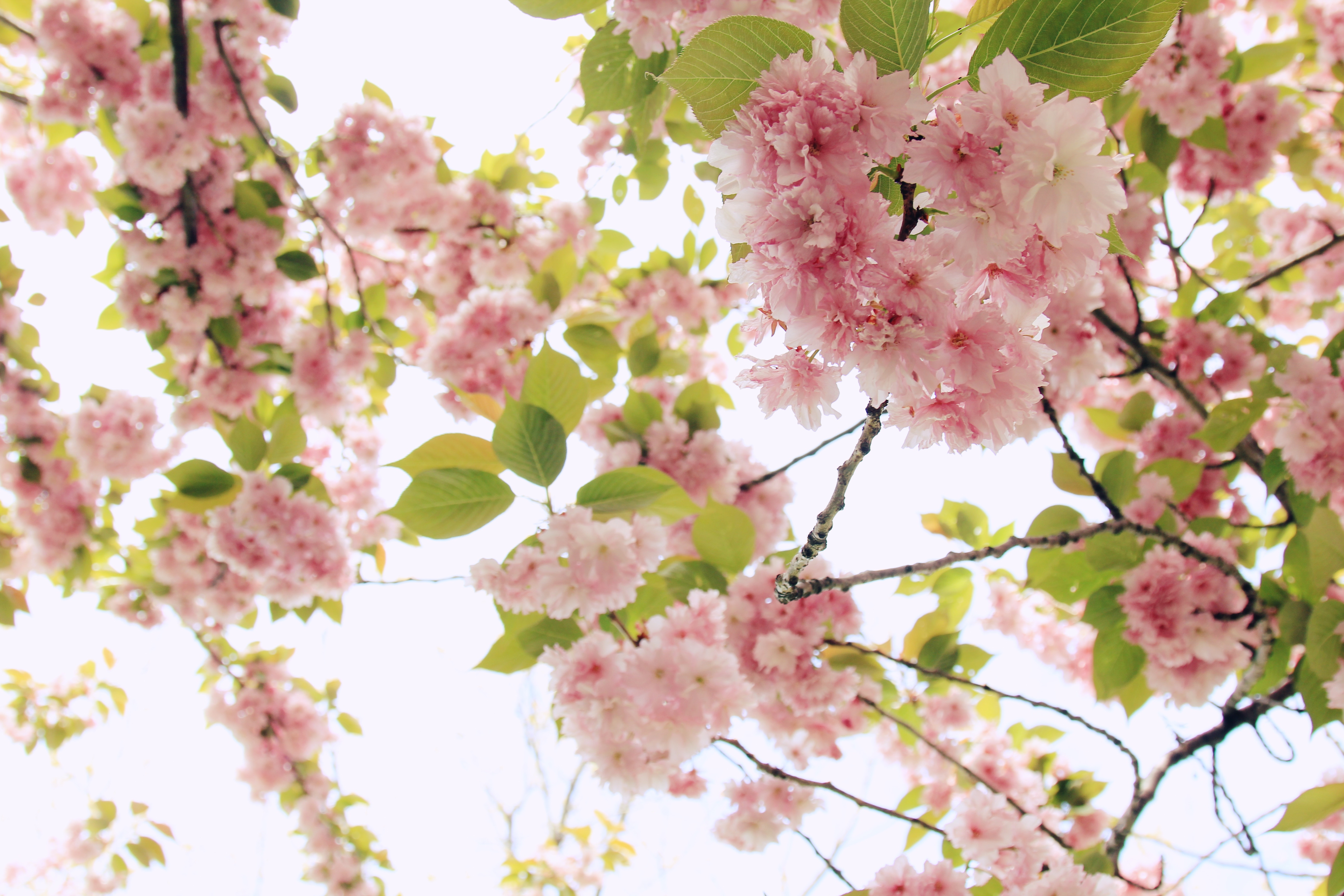The basics of retailing is to know customers.
"Characteristics by country" should always be suppressed as a basis for tackling inbound.
Because, the more you know the characteristics of each country, the more you feel that it is completely different from foreign tourists, and you will know the depth of inbound.
When trying to know the characteristics of foreign tourists by country, from the country level such as history, culture, tradition and culture, from the characteristics of the country, religion and customs, and hobbies / preferences in order "Start with a large range, We gradually narrow down the level and level. "
Let's proceed with the next 4 steps.
table of contents
Step 1: Know the country's history, culture, traditional climate
Visit If you want to respect and understand foreign tourists, I would like to know the minimum history, culture, tradition and climate of each country.
You can also know this information by looking at Wikipedia or websites for tourists in different countries.
By knowing what kind of climate country you are living in and what kind of living guests are coming to, you can identify the products you recommend.
You may also find the reason why the item you are selling now sells.
For example, if you can give guests from Nepal a welcome and respect, saying "Welcome from a wonderful country!" And "Welcome from a wonderful country!" Is the famous Everest birthplace of Buddha, the world's best Everest! It should be possible.
To the guests from Southeast Asia, snow and ice are the first world to see, while for guests from the cold north opposite, resort tourism on the beach is popular.
To the guests from the Southern Hemisphere, the summer heat reclamation and cold weather needs are also high.
Step 2: Know event notes, calendar
In the season when many citizens are on vacation, the market price of air tickets and accommodation expenses rises, traveling expenses increase, and it is often difficult to get in trouble with traffic congestion and to secure transportation seats.
For example, in Japan there are vacation seasons coming from customs in New Year and New Year and Obon, as well as Golden Week in 5 moon and Silver Week in 9 month depending on the arrangement of holidays.
The circumstances are the same in any country.
Tourists from China have a lot of tourists using the Spring Festival (Chinese New Year) in the late 1 month and the large consecutive holidays per 10 month National National Day.
In Thailand, the school enters the 2 semester system and a holiday is about one month between the 1 semester and the 2 semester, which is the travel season.
In Thailand, there is a New Year of Songkran (Thai Lunar New Year), and the government decides 4 day from 13 month 15 day (Buddhist calendar, AD) as a holiday.
Therefore, there are many Thai tourists in 4 moon and 10 moon season.
There is no doubt that many guests will visit in this season, but wealthy people who are comparatively affluent in terms of monetary and social situations should avoid such a season, and at times other than the holiday season People traveling overseas are not uncommon.
Step 3: Know religion, law, customs
Religion, laws and customs directly govern the behavior of visiting guests.
Foreign tourists must absolutely obey it, or will always do according to it.
Therefore, if we can not understand these things, we will fall into situations like "No visiting guests come" or "I have made my visiting guest angry".
① 宗教 を 知 り ま す
Understanding religion is very important.
For example, it is Malaysia that the elongation rate of guests visiting Japan is high.
Malaysia is the same as Japan but the country religion is Muslim.
In Islam there is a teaching "what is allowed, action halal", and even pork and other foods have certain manners of processing and cooking.
We do not eat foods such as meat and alcohol that do not conform to the teaching or restaurants dealing with non-Halal foods.
When Malaysian tourists visit Japan, the absence of players room / silent room (prayer), the absence of Muslim-compatible restaurants and foods is a decisive disadvantage to welcoming Muslims.
Conversely, if you have a Muslim Players room and can prepare a restaurant that received Halal certification, it will be widely introduced as a facility Muslim can use with confidence.
② 法律 を 知 り ま す
2013 Year 10 Moon, traveling law was enacted in China.
This is the first tourism law in China, a law that prohibits tour operators from selling option tours to Chinese tourists and arranging shopping.
According to this law it was decided not to pay back or rebate as a referral fee from travel agencies or shops.
The price of overseas tour from China rose all at once by the traveling law.
And the Chinese new law will bring Chinese tourists' attraction opportunities.
For example, Japan originally used rebates and did not attract customers easily, and put high-quality goods and services at the core of attracting customers.
However, as Korea and Taiwan had issued a back rebate, traveling to Korea was cheaper before this law was executed.
With this, chances have come to Japan.
Step 4: Know interests and tastes
Foreign tourists from China do not like matured items such as cold lunch boxes and food prepared meals, but they are crazy about ramen and beef.
Even in fashion, I like primary colors such as red, I am committed to quality and trust in products made in Japan, I like detailed product description.
By acquiring knowledge about such hobby / preference information, it can lead to concrete product selection and sales promotion at hospitality.
Summary
If you decide to respond not only to the citizens of your own country, but also to foreign tourists, in a very short period of time, you will be able to understand language support, sales infrastructure, assortment, hobbies / preferences, religion, history, You can acquire the know-how to respond to the diversity of the world.
If you can accumulate the above 4 steps, it will be acceptable even in overseas markets.
Quote origin: Foreign tourists visit "with a smile" (Niitsu Kenichi)
Unnamed: Nguyen Mai Huong (Nguyen My Fun). Born in Thanh Hoa Province, Vietnam. Occupation: Oka Daishi Literature
I work as an internship at 123Server. I like reading and writing from the time of elementary school students and I entered a specialized language class in high school. I decided to study in Japan to want to challenge myself.
I enrolled in a Japanese university, learned knowledge in various fields, and become interested in marketing among them.
We will begin writing articles towards the goal of finding something in common among the countries of the world and developing tourism business, whether Vietnam or Japan.








